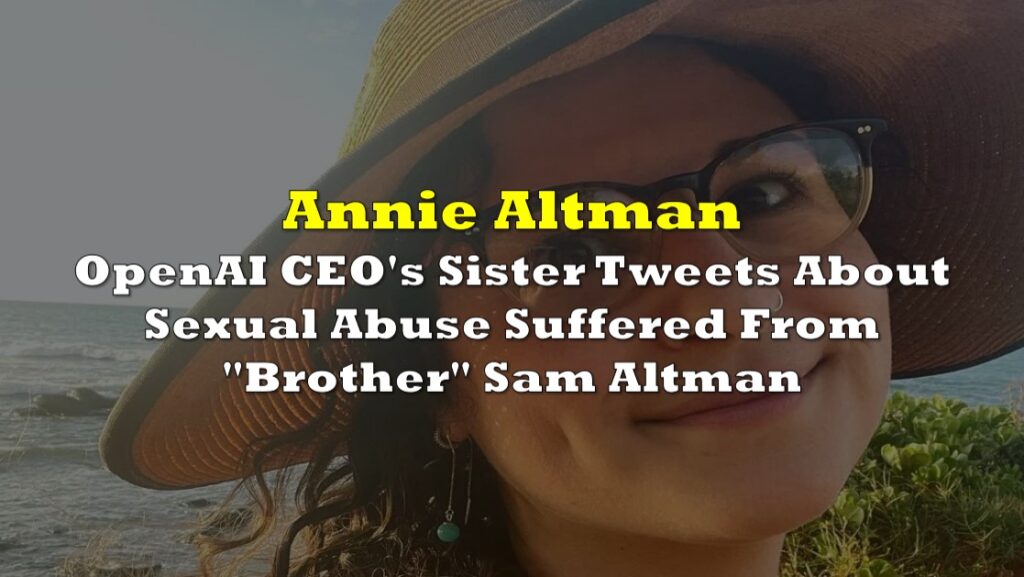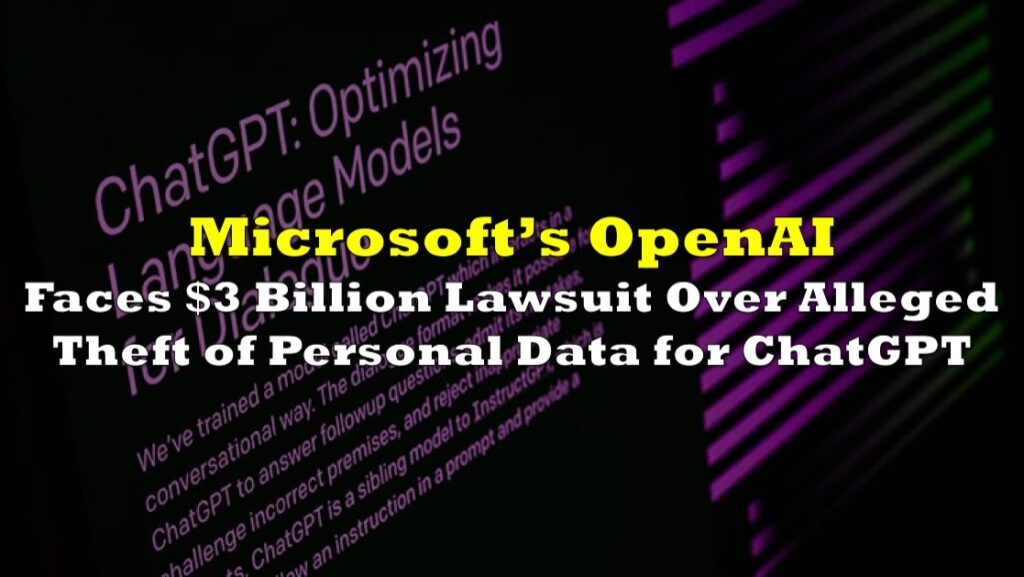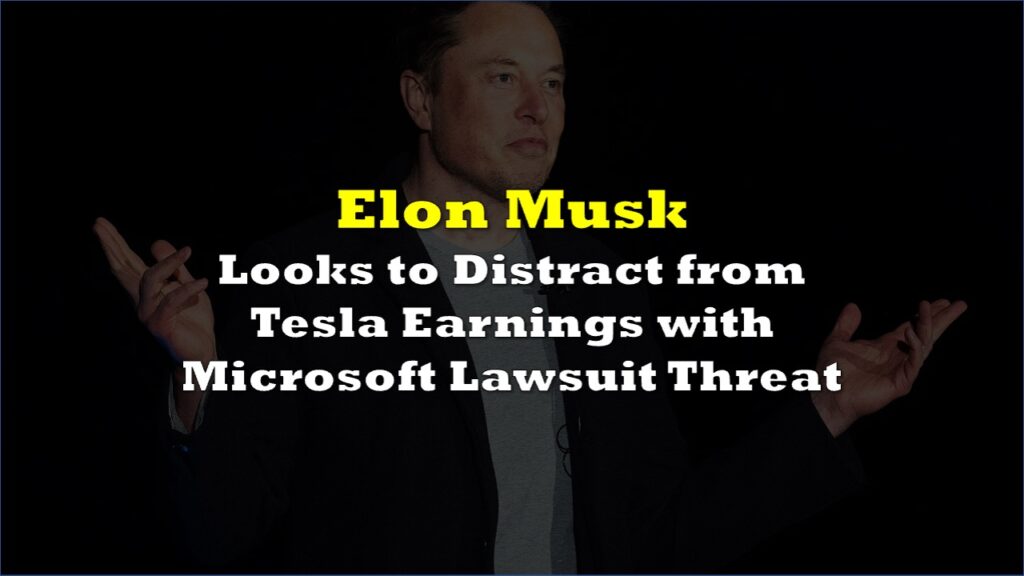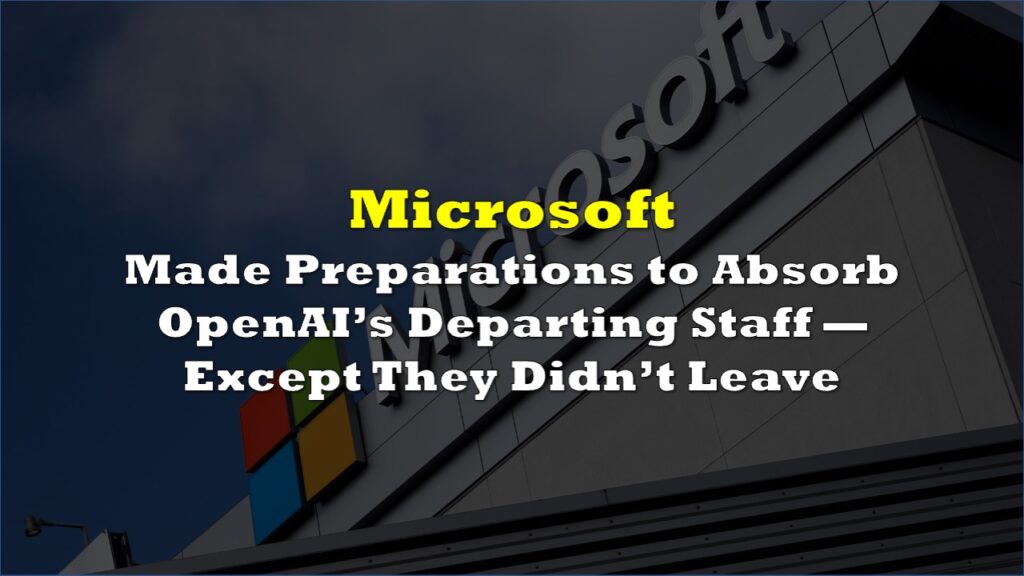Last Friday, Sam Altman’s surprising removal as CEO of OpenAI marked a significant event in his tumultuous career, not unfamiliar with instances of discord.
Unreported until now, Altman had previously faced a similar scenario four years ago when Y Combinator founder Paul Graham flew from the UK to San Francisco to terminate Altman, his protegé. In 2014, Altman, then in his 20s, had been appointed by Graham to lead the prestigious Silicon Valley incubator.

While Altman is acknowledged for his strategic acumen in selecting promising start-ups, his approach has been criticized for what some perceive as prioritizing personal interests over official duties, leading to dissatisfaction among peers and the start-ups under his guidance. A particular concern was his substantial focus on the growth of OpenAI, which he considered a life mission.
Another issue raised was Altman’s personal investments in start-ups discovered through the incubator, using a fund created with his brother Jack. This practice, viewed by some as a form of double-dipping for personal gain, was later restricted by the organization.
The reported ideological battle between safety concerns and commercial interests was not the sole reason for Altman’s recent ouster at OpenAI. Sources familiar with the board’s proceedings indicated that the decision was rooted in concerns that Altman sought to evade checks on his power at the company, evident in his resistance to a more balanced board makeup.
Negotiations for Altman’s return faced obstacles as the board, initially willing to reinstate him, sought meaningful oversight of his activities. Altman’s reluctance to engage with unfamiliar board members prolonged discussions. Ultimately, Altman agreed to certain demands, including not being on the board himself and retaining Quora CEO Adam D’Angelo, subsequently announcing his return as CEO with new board members Bret Taylor and Larry Summers.
The boardroom saga at OpenAI, characterized by rapid changes and drama, is unprecedented in the tech sector. Altman’s career clashes with allies, mentors, and corporate structures are not uncommon in Silicon Valley’s culture of celebrating wunderkinds and discouraging external oversight.
Altman’s ability to inspire loyalty, evident in overwhelming support from OpenAI employees, is juxtaposed against criticisms of his opportunistic nature, causing occasional alienation from close allies. Despite the polarizing opinions, Altman’s strategic skills and network-building have garnered praise from figures like former Google Chairman Eric Schmidt and Airbnb CEO Brian Chesky.
Some former colleagues, however, recount issues beyond a founder seeking power, describing a pattern of subtle manipulation fostering division. Allegations of deception and manipulation have surfaced, with a former OpenAI employee expressing reluctance to support Altman based on personal experiences.
Altman’s initial firing came at a time when OpenAI, under his leadership, was gaining prominence in the tech industry. However, criticisms of stifling smaller open-source competitors for the benefit of his company raised concerns within tech and AI circles.
The reasons behind Altman’s dismissal remain unclear, but the board’s decision was reportedly a result of concerns about Altman’s resistance to checks on his power. Altman’s return to OpenAI involved concessions, including not being on the board and appointing new members approved by the previous board.
In his post on X announcing his return, Altman emphasized his dedication to OpenAI’s mission and the team, attempting to consolidate support and move past the recent turbulence.
Information for this briefing was found via The Washington Post and the sources mentioned. The author has no securities or affiliations related to this organization. Not a recommendation to buy or sell. Always do additional research and consult a professional before purchasing a security. The author holds no licenses.









